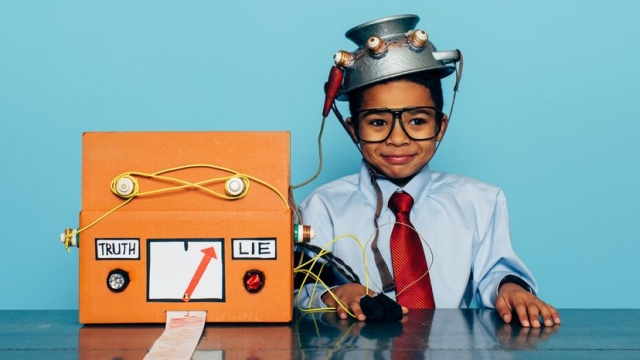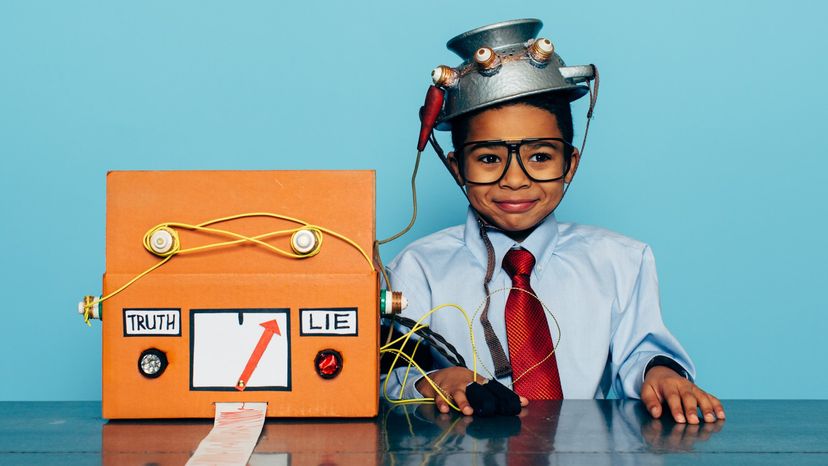In a world where truth and deception often blur the lines, lie detector tests have become a cornerstone in uncovering the veiled truths that lie beneath the surface. These tests, also known as polygraph examinations, hold the power to reveal the hidden emotions and responses that shape our interactions and relationships. While the concept of a lie detector may evoke images of dramatic interrogations and tense courtroom scenes, the reality behind these tests is a fascinating blend of science, psychology, and human behavior. Join us as we delve into the intriguing world of lie detector tests and explore the truths they unveil.
History of Lie Detector Tests
Lie detector tests, also known as polygraphs, have a fascinating history. The concept of using physiological responses to detect deception dates back to ancient times when individuals believed in the connection between a person’s physical reactions and their truthfulness. However, it wasn’t until the early 20th century that modern lie detector tests began to take shape.
The first significant advancements in lie detector technology came in the early 1920s, thanks to the work of John Augustus Larson, a police officer and physiologist. Larson’s invention, the polygraph machine, revolutionized the field of criminal investigation by measuring changes in blood pressure, pulse rate, and respiration in individuals being questioned. This innovation paved the way for the widespread use of lie detector tests in law enforcement and other fields.
Over the years, lie detector tests have faced scrutiny and controversy regarding their reliability and accuracy. Despite these challenges, polygraph technology continues to be used in various settings, including criminal investigations, pre-employment screenings, and national security matters. The history of lie detector tests is a testament to mankind’s ongoing quest to uncover the truth through innovative scientific methods.
Accuracy of Lie Detector Tests
When it comes to the accuracy of lie detector tests, opinions among experts remain divided. Some argue that such tests can be highly accurate, especially when conducted by trained professionals using state-of-the-art equipment. However, there are also concerns about the reliability of these tests due to factors like individual differences in physiological responses to stress.
One of the key issues with lie detector tests is that they measure physiological responses such as heart rate, blood pressure, and sweating, which can be influenced by various factors other than deception. This raises questions about the extent to which these tests can reliably differentiate between lies and truth, especially in high-pressure situations where emotions can run high.
While lie detector tests can provide valuable insights into a person’s physiological responses during questioning, they are not foolproof. Factors such as the individual’s mental state, prior experience with testing, and the specific questions asked can all impact the test results. As such, it is crucial to interpret the results of a lie detector test with caution and consider them as just one piece of evidence in a larger investigation.
Lie detector test
Ethical Considerations
When it comes to lie detector tests, ethical considerations play a crucial role in ensuring fairness and accuracy. It is essential to consider the rights and privacy of individuals who are subjected to these tests. In many cases, administering a lie detector test without the individual’s informed consent can raise ethical concerns.
Furthermore, the results of lie detector tests can have significant implications on a person’s life, such as affecting their reputation, job opportunities, and relationships. Therefore, it is vital for examiners to handle the information obtained from these tests with utmost care, keeping in mind the potential consequences of sharing or misinterpreting the results.
In addition, there is ongoing debate within the scientific and legal communities regarding the reliability and validity of lie detector tests. While proponents argue that they can provide valuable insights, critics raise concerns about the potential for inaccuracy and the risk of false positives. These ethical dilemmas highlight the importance of using lie detector tests judiciously and considering their limitations.


